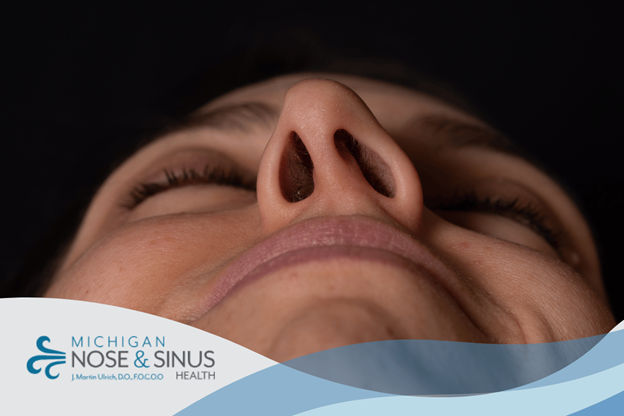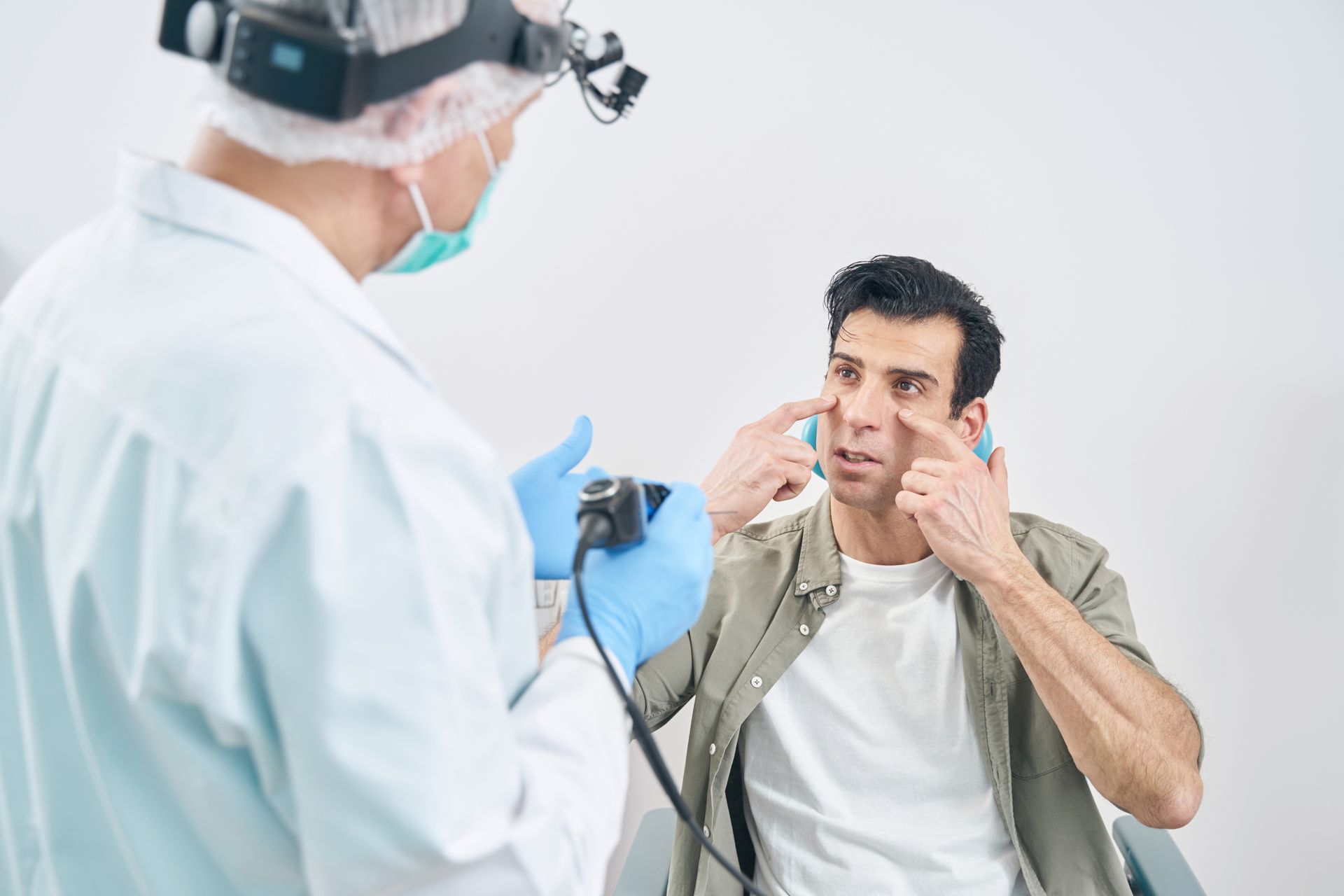Struggling to Breathe? Nasal Polyps Could Be the Hidden Cause
Nasal Polyps: Symptoms, Causes & Advanced Treatments for Lasting Relief
Nasal polyps are soft, painless growths that line the tissues of your nose. While they're noncancerous, these teardrop-shaped growths can cause significant breathing problems and sinus issues—especially when they grow large or multiply. Research shows that nasal polyps affect 5-12% of the adult population, with higher prevalence among adults over 40 and people with chronic respiratory conditions.
Who Gets Nasal Polyps? The Risk Factors You Should Know
While anyone can develop nasal polyps, you're more likely to experience them if you have:
- Chronic sinus inflammation
- Asthma (up to 40% of asthma patients develop polyps)
- Allergic rhinitis
- Aspirin sensitivity
- Cystic fibrosis (25% of CF patients have nasal polyps)
Men are twice as likely as women to develop them, and age plays a key role—your risk increases significantly after 40.
Nasal Polyp Symptoms
Nasal polyps may cause no symptoms at all or only mild discomfort, which means many people don’t even realize they have them. However, if you do experience symptoms, here’s what you might notice:
- Persistent nasal congestion that doesn’t seem to improve
- Recurrent sinus infections
- Chronic sinus pressure and headaches
- Reduced or lost sense of smell
- Postnasal drip that won't go away
- Snoring or even symptoms of sleep apnea
- Difficulty breathing through the nose
Many patients don't realize they have polyps until their sense of smell disappears—a symptom that often prompts diagnosis.
What Causes Nasal Polyps?
While the exact trigger remains unclear, research points to chronic inflammation as the root cause. When your nasal/sinus tissues are repeatedly inflamed (from allergies, infections, or immune responses), they can form polyps as an abnormal healing response.
Key contributors include:
- Immune system dysfunction (especially in aspirin-exacerbated respiratory disease)
- Staphylococcus aureus bacteria (found in 63% of polyp tissues)
- Genetic factors (family history increases risk)
Effective Treatment of Nasal Polyps
There are multiple ways to treat and manage nasal polyps, and the right treatment depends on the severity of your condition and what you’ve already tried. Both medication and surgery are common options for managing this issue.
Medication
While medications can ease symptoms, they can't get rid of polyps altogether. Here are some common medications that doctors recommend for nasal polyps:
- Oral Steroids: These can reduce inflammation and help shrink polyps.
- Steroid Nasal Sprays: Often prescribed to reduce swelling and alleviate congestion.
- Biologic Medications: These newer treatments can target the underlying inflammation associated with polyps.
Surgery
In some cases, especially when polyps are large or persistent, surgery may be required. There are several minimally invasive procedures designed to remove polyps and improve breathing:
- Balloon sinuplasty: A balloon is inserted through the nostrils into the sinuses, helping to open up nasal passages. The polyps may also be removed during this process.
- Polypectomy: This is a surgical procedure involving small tools to remove polyps directly from the nasal passages.
- Functional endoscopic sinus surgery: During this procedure, your sinus surgeon removes damaged bone, tissue, and polyps that are blocking the nasal passages and affecting breathing. It’s done with specialized instruments through the nostrils.
These surgeries are minimally invasive, meaning they don't require sutures or leave scars. And most patients experience significant improvements in their quality of life, including easier breathing.
Expert Nose and Sinus Care in Michigan
If you're in Michigan and struggling with breathing difficulties or suspected nasal polyps, Dr. J. Martin Ulrich at Michigan Nose & Sinus Health offers cutting-edge diagnostics and personalized treatment plans. He utilizes in-office nasal endoscopy for accurate diagnosis and customized medical therapy, including the latest biologics and minimally invasive surgical options for lasting relief.
Don't let nasal polyps control your life—schedule a consultation today to breathe freely again.









